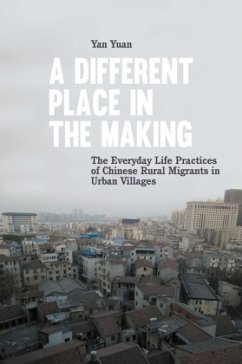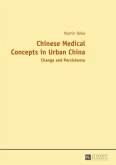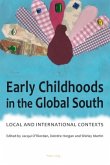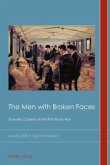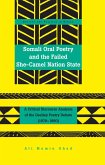The last three decades have seen dramatic changes in Chinese cities. While many tend to read these changes as the result of institutional reforms, macro planning, and top-down development, the author of this study focuses on the undercurrent at the bottom, from the margin, and without voice. Based on immersive fieldwork, she explores how a different place was created through the everyday life practices of rural migrants in two Chinese urban villages. Readers are invited to dive into a small, marginal, yet intricate and vibrant neighbourhood, where thousands of 'rural outsiders' found their settlement in the city. In this border space between the rural and the urban, place-making was not merely the government's redevelopment plan that would sooner or later demolish the whole area, it was also a dynamic process unfolding through people's everyday doing and living, such as their housing practices, street gathering, boiler house visits, public telephone calls, television consumption,and festival celebration. Featured by its cross-disciplinary horizon and intimate documentation, the present work exhibits an exemplary locale of a 'progressive sense of place' in contemporary China and provides original insights in how people's everyday life acts as an alternative arena of the politics of place-making between multiple forces.
Bitte wählen Sie Ihr Anliegen aus.
Rechnungen
Retourenschein anfordern
Bestellstatus
Storno

